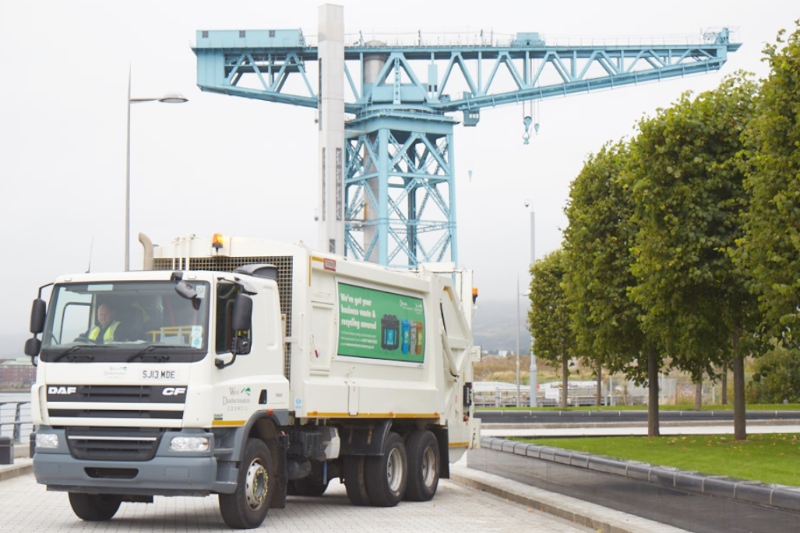Scotland’s mobile connectivity study is to be enhanced by West Dunbartonshire Council’s bin lorries.


The vehicles will be used to collect data about four mobile operators across the UK, providing insight into signal strength and coverage in different areas.
Backed by funding from the Government Department for Science, the project is being led by connectivity solutions providers Streetwave and Commsworld and was first rolled out late last year in Inverclyde.
According to the council, its refuse vehicles will accumulate data to support the ‘coverage checker’ map, helping to determine areas with poor coverage and inform improvement solutions, as well as residents’ choice of mobile provider.
The council has revealed that boosting the health and social care sector’s connectivity will be treated with importance, given the significance of mobile devices in service access and delivery.
West Dunbartonshire Council Leader, Cllr Martin Rooney, said: ‘A reliable internet connection is a vital tool in the everyday life of our citizens whether at home, work or out and about in our communities. ‘It is important that we use the technology at our disposal to learn about connectivity and, in particular, areas where there could be better signals.’
Towards the end of the year, the scheme will be extended to include the following regions: North Lanarkshire, South Lanarkshire, Glasgow, East Dunbartonshire, and East Renfrewshire.
To read more about connectivity studies, check out: North of Scotland uses bin lorries to improve mobile connectivity and Bin lorries used to detect rubbish mobile phone coverage.
Sign up here to receive our free weekly news bulletin and quarterly e-book.